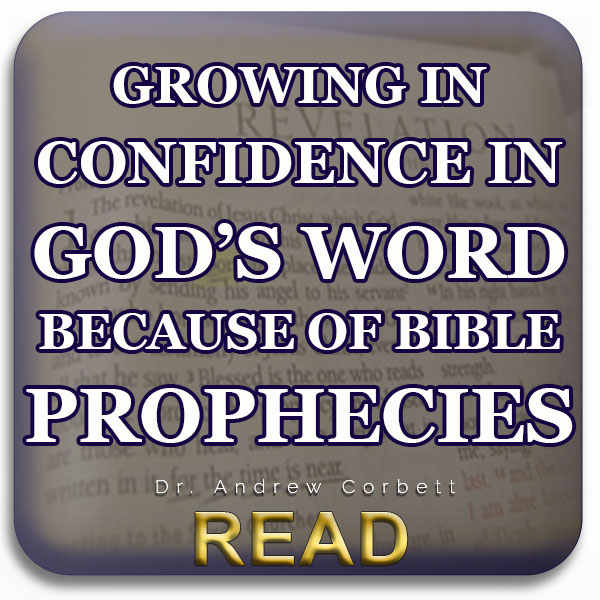
by Andrew Corbett | Aug 28, 2018 | Apologetics |
For those unacquainted with religions, it is often thought by them that all religions are basically the same. After all, every religion offers peace of mind, moral teaching, a connection with the divine, and a means for prayer, ritual, and worship, leading to meaning, fulfilment, and happiness.
To the unacquainted, religion sounds like one of life’s optional extras. It is particularly suited to those who are not scientific, easily intellectually satisfied with mystical answers, and probably already familiar with religion due to their upbringing.

by Andrew Corbett | Feb 12, 2018 | Hermeneutics |
Even the best of people misunderstand what God’s Word means. For example, John the Baptist, despite having heard directly from God about the identity of the Messiah – and shortly afterwards seeing this word come to pass when Jesus came to be baptised by him – had made certain assumptions about what this Messiah would do and be like. But when John was thrown in prison by Herod, he sent messengers to Jesus to ask Him a question which was perplexing Him.
¶ The disciples of John reported all these things to him. And John, calling two of his disciples to him, sent them to the Lord, saying, “Are you the one who is to come, or shall we look for another?” And when the men had come to him, they said, “John the Baptist has sent us to you, saying, ‘Are you the one who is to come, or shall we look for another?’”
Luke 7:18-20
John had done what many people do when they read the Bible. Rather than …

by Andrew Corbett | Jul 5, 2017 | Bible Prophecy |
One of the most heated recent theological debates centred around the notion of whether God not only knows the future, but whether He decrees it. On one side of the debate there are those who claim that the future is open even to God. They claim that the future is up for grabs. God, in their view, has expressed His desire for how He would like the future to unfold. In order for this to happen, because the future is open, God’s purpose needs people to move history toward this end. Those who have a closed view of the future strongly disagree with this assessment. But Bible Prophecy can help someone to grow in their confidence in the Bible as God’s Word.

by Andrew Corbett | Mar 8, 2017 | Bible Prophecy |
There are several reasons why we can have confidence that the Bible is truly God’s divinely inspired, infallible, inerrant, Word to mankind. It is historically verifiable, it is experientially testable, it is philosophically credible, but perhaps one of the greatest evidences for the Bible being the divinely inspired Word of God, is fulfilled prophecy.
When the Dead Sea Scrolls were discovered in 1946, it gave the world irrefutable proof that the contents of the Book of Isaiah were undoubtedly written before the birth of Christ. This means that the passages of detailed prophecies with Isaiah about the coming Messiah must have been written before the Messiah, Jesus of Nazareth, actually came…

by Andrew Corbett | Feb 17, 2004 | Apologetics |
Some people feel that acceptance of God is entirely a matter of faith. But the Scriptures actually claim that it is the truth which is the basis for this faith (Rom. 10:17). Truth is only truth if it is objective truth, that is, it is true for everyone regardless of time or circumstances. Thus, God is either true (and there can be objective proofs to support this), or He is not true and only subjective ‘truth’ can be offered for ‘proof’.






